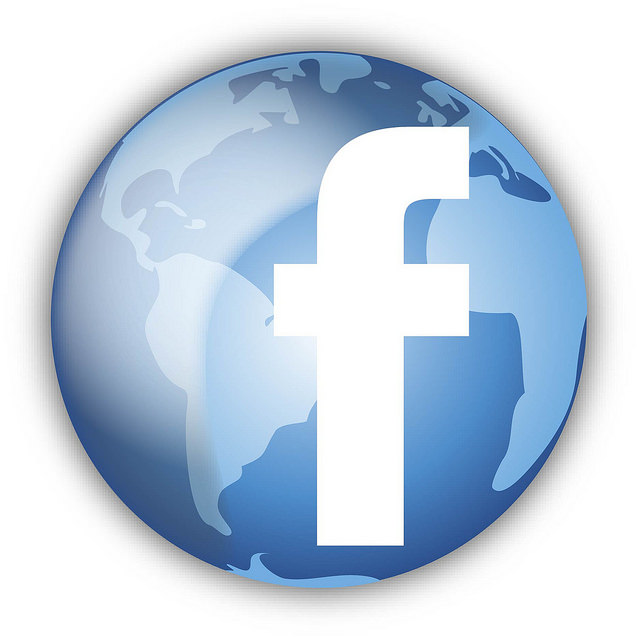Signatures from over 80 CEOs adorn a high profile letter that has been addressed to North Carolina Governor Pat McCrory. This letter, released by The Human Rights Campaign (HRC) and Equality NC, urges the Governor to repeal a recent law that will eliminate non-discrimination ordinances that protect the rights of LGBT people in the state of North Carolina. House Bill 2. H.B. 2 will force trans-gender students to use bathroom facilities that are inconsistent with their gender identity, which ultimately puts the school’s Title IX funding at risk. The legislation was hastily passed last Wednesday.
Several CEOs and high ranking executives are demanding that the Governor repeal this discriminatory bill. “Put simply, HB 2 is not a bill that reflects the values of our companies, of our country, or even the overwhelming majority of North Carolinians”, the letter states.
The letter goes on to deploy the actions of North Carolina’s lawmakers, and cites how destructive these far reaching actions can be. “Discrimination is wrong, and we believe it has no place in North Carolina or anywhere in our country. As companies that pride ourselves on being inclusive and welcoming to all, we strongly urge you and the leadership of North Carolina’s legislature to repeal this law in the upcoming legislative session.”
This comes just one day after Georgia Governor Nathan Deal vetoed a bill that was designed to allow businesses to legally discriminate against LGBT people on religious grounds. The veto came after Salesforce, along with other companies, threatened to stop doing business in the state.
The letter includes signatures from CEOs of high profile companies, many residing in Silicon Valley. The list of CEOs includes Facebook CEO Mark Zuckerberg, Twitter and Square CEO Jack Dorsey, Apple CEO Tim Cook, Google CEO Sundar Pichai and Salesforce CEO Marc Benioff.
Chad Griffin, president of the HRC and Chris Sgro, executive director of Equality NC, will deliver the letter to McCrory’s office on Thursday morning and follow up with a request for the CEOs to meet with the Governor to discuss this matter further.
Article via TechCrunch, 29 March 2016
Photo: Pat McCrory by Hal Goodtree [Creative Commons Attribution-NonCommercial-NoDerivs]





